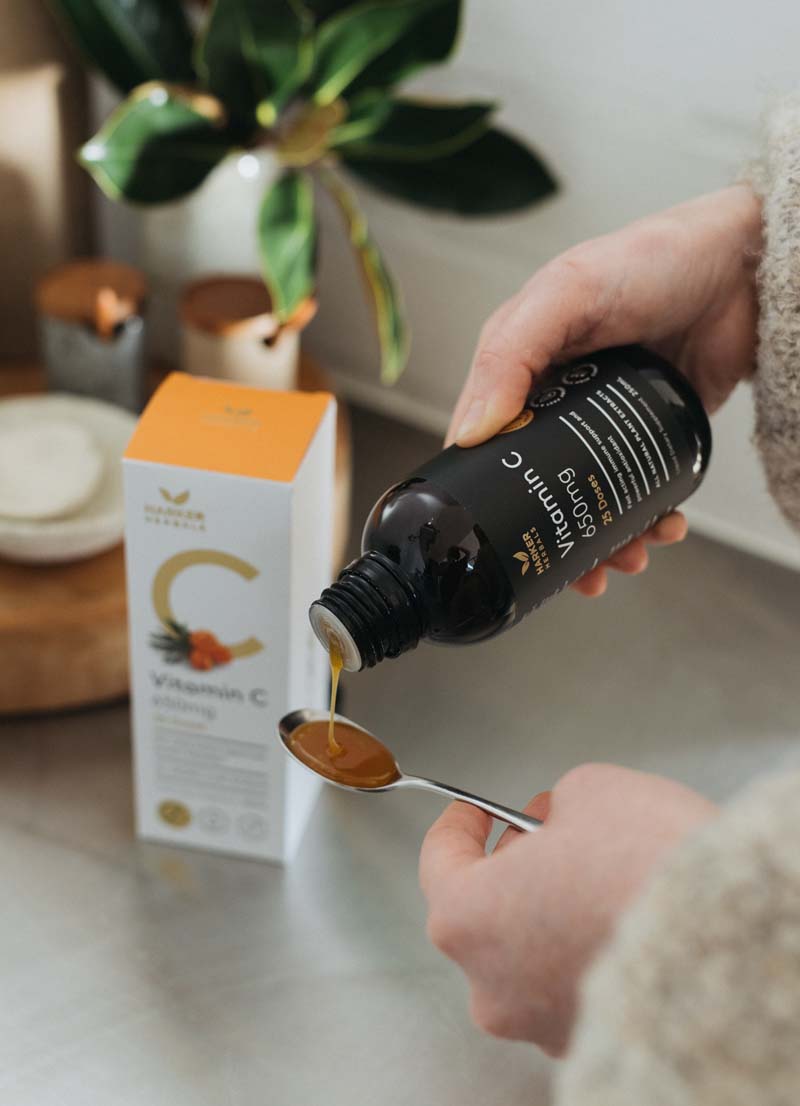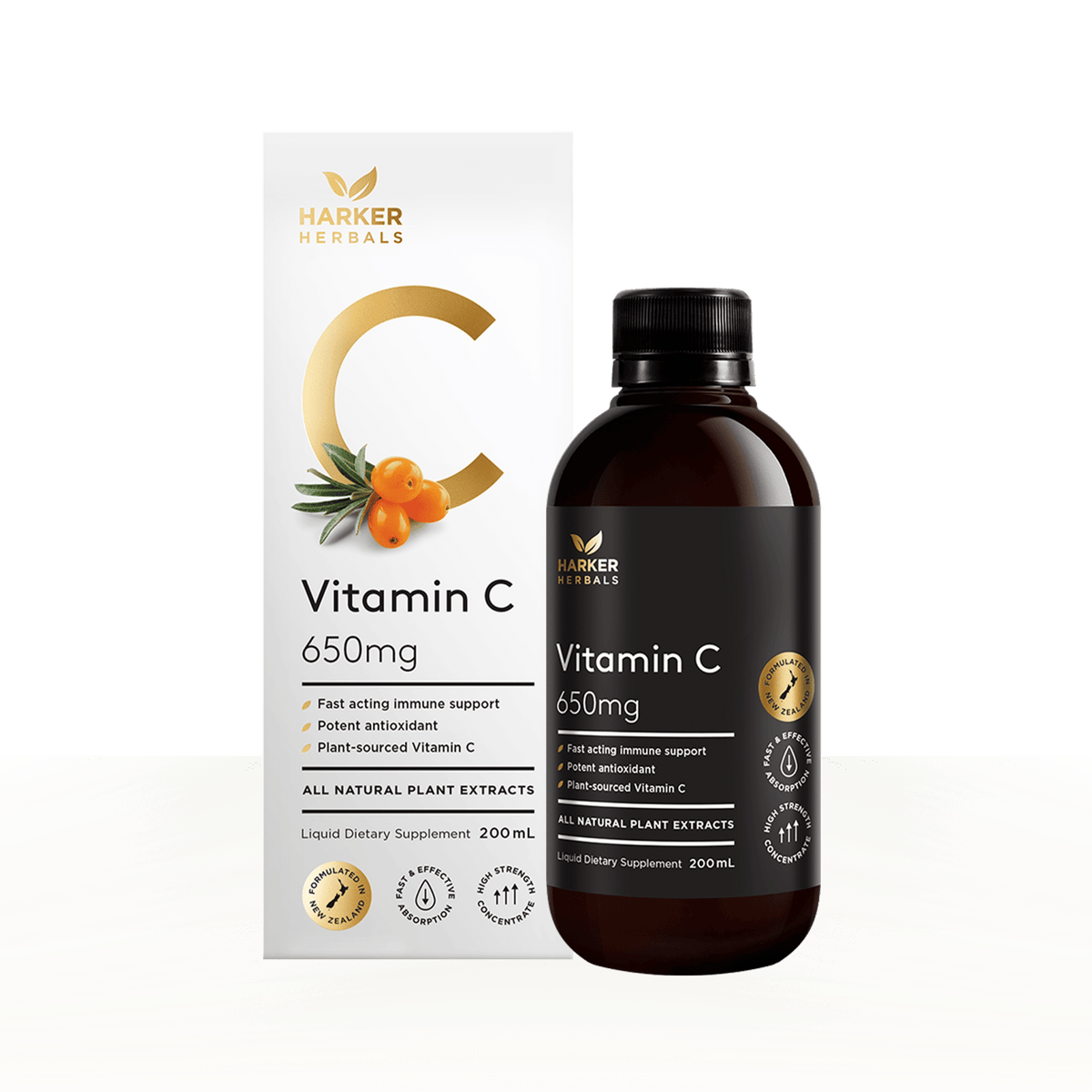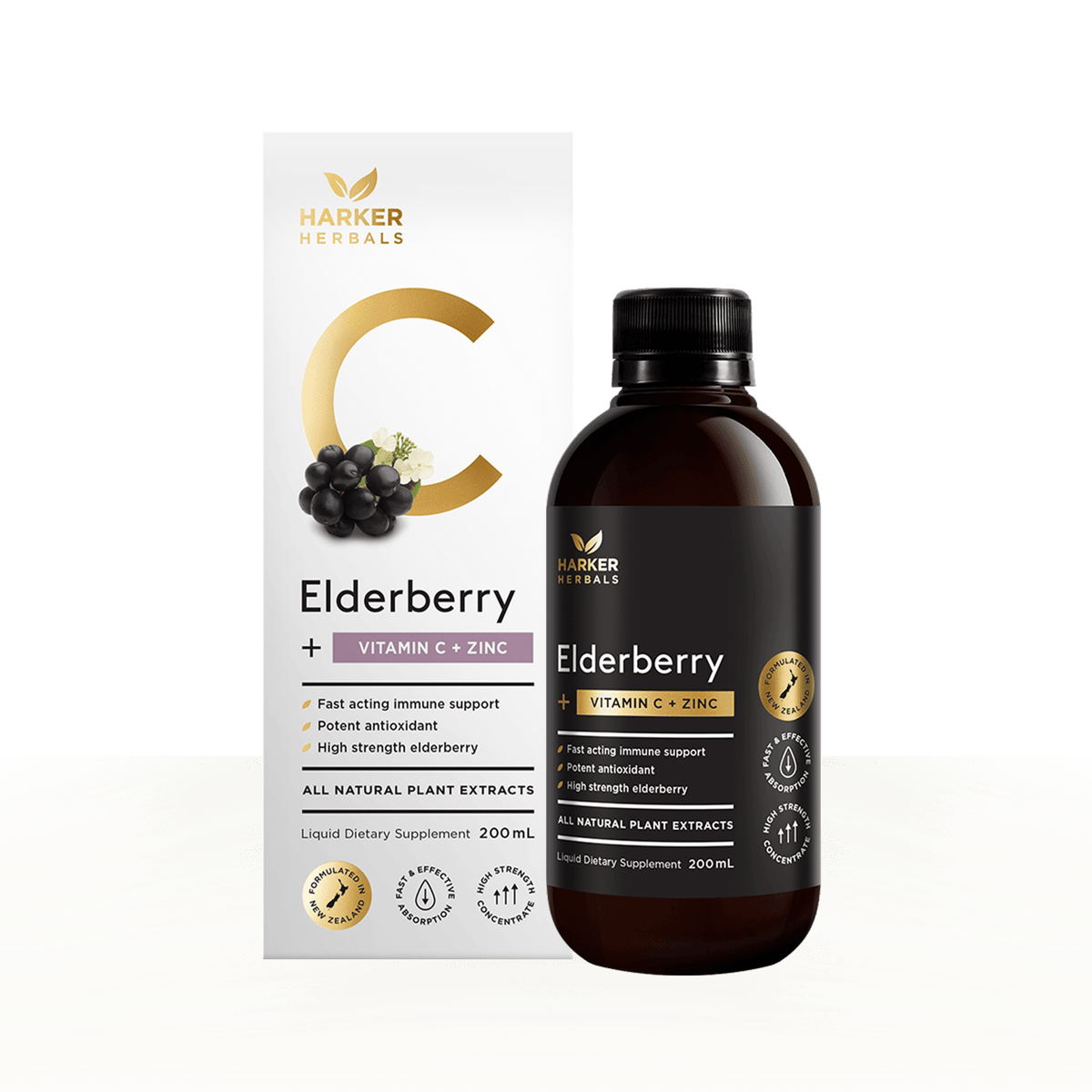Immune Health
Unlocking the Magic of Vitamin C for Seasonal Allergies

As the seasons change, many of us may begin to find ourselves in a battle with seasonal allergies. The sneezing, itchy eyes, and congestion can turn a beautiful spring day into a discomforting experience. While there are various remedies available to support these symptoms, one often overlooked hero in the fight against seasonal allergies is vitamin C.
Understanding Seasonal Allergies
Seasonal allergies, also known as hay fever or allergic rhinitis, occur when our immune system reacts to pollen from trees, grasses, weeds, and even mold. For those affected, symptoms can range from mild irritation to severe discomfort, depending on the individual and the allergen count circulating in the air.
Enter Vitamin C: Our Allergy Warrior
Vitamin C is well known for its role in supporting the immune system. Beyond its well-known benefits for cold prevention and glowing skin, vitamin C also has properties that make it particularly effective at supporting seasonal allergies.
-
Antioxidant Power: Vitamin C is a potent antioxidant, meaning it supports the body to fight free radicals that can lead to those irritating allergic reactions.
-
Histamine Support: Histamine is a compound released by our immune system in response to allergens, triggering symptoms like itching, sneezing, and congestion. Vitamin C has been found to support the regulation of histamine levels, potentially reducing the severity of allergic reactions. Several studies link Vitamin C with breaking down histamines faster once they’ve been released into the body. The studies report this natural antihistamine effect occurs with higher doses – which will not be achievable through diet alone.
-
Immune System Support: Vitamin C plays a crucial role in supporting the immune system's function. A strong immune system is better equipped to handle allergens and may reduce the frequency and intensity of allergic responses.
How to Incorporate Vitamin C into Your Allergy Defence
-
Dietary Sources: Citrus fruits like oranges, grapefruits, and lemons are excellent sources of vitamin C. Other fruits such as strawberries, kiwi, and papaya also provide significant amounts. Vegetables like bell peppers, broccoli, and Brussels sprouts are rich in vitamin C as well. Try adding at least 3 of these to your daily diet. If you have moderate seasonal allergy symptoms you’d have to eat huge amounts of Vitamin C-rich foods to absorb enough to see a difference, which is where a high strength dietary supplement comes in.
-
Supplements: Including a supplemental form of liquid Vitamin C if the best way to ensure you meet your daily requirements.
Get a free 100ml vitamin C when you spend over $60, while stocks last.
While vitamin C is not a cure for allergies, its ability to support the immune system and mitigate allergic reactions makes it a valuable ally in your seasonal allergy toolkit. Incorporating adequate vitamin C into your daily routine may help to support and alleviate symptoms and improve your overall well-being during allergy season.
Shop Vitamin C
Disclaimer: This blog post is for educational purposes only. It is not designed to diagnose, treat or cure any disease.













